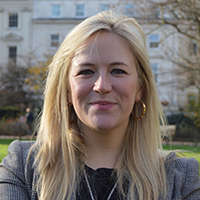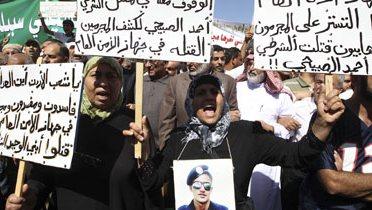Content from the Brookings Doha Center is now archived. In September 2021, after 14 years of impactful partnership, Brookings and the Brookings Doha Center announced that they were ending their affiliation. The Brookings Doha Center is now the Middle East Council on Global Affairs, a separate public policy institution based in Qatar.
In the wake of revolts in Egypt, Tunisia and Bahrain, Jordan—another seemingly stable pro-Western regime—has received curiously little attention. Yet, in Jordan, an already deteriorating political situation has been exacerbated by sectarian tensions between East Bank Jordanians and Jordanians of Palestinian origin.
While protests have remained relatively small, there is growing support among opposition groups for “constitutional monarchy.” Reduction of the king’s powers and prerogatives was long the third rail of Jordanian politics; that they are increasingly being debated in public is just one sign of a shifting political discourse, and one that demands closer attention.
Jordan, along with Morocco, is one of the few Arab countries that has publicly declared its commitment to political reform. However, King Abdullah’s recent steps have fallen short of opposition expectations, calling into question the trajectory of Jordan’s reform process.
This policy briefing takes a closer look at Jordan’s changing political dynamics, with a focus on the role of the king, the royal court, and the feared security services. Hamid and Freer conclude that Jordan is indeed “stable,” although that stability is more tenuous than observers often admit. With mounting calls for reform and a heightened risk of polarization, it may be time for the Obama administration to focus greater attention on Jordan. Considering the strong ties between the two countries and the warm relations between President Obama and King Abdullah, the United States has the opportunity to make the kind of push in Jordan that it cannot elsewhere.
The Brookings Institution is committed to quality, independence, and impact.
We are supported by a diverse array of funders. In line with our values and policies, each Brookings publication represents the sole views of its author(s).





